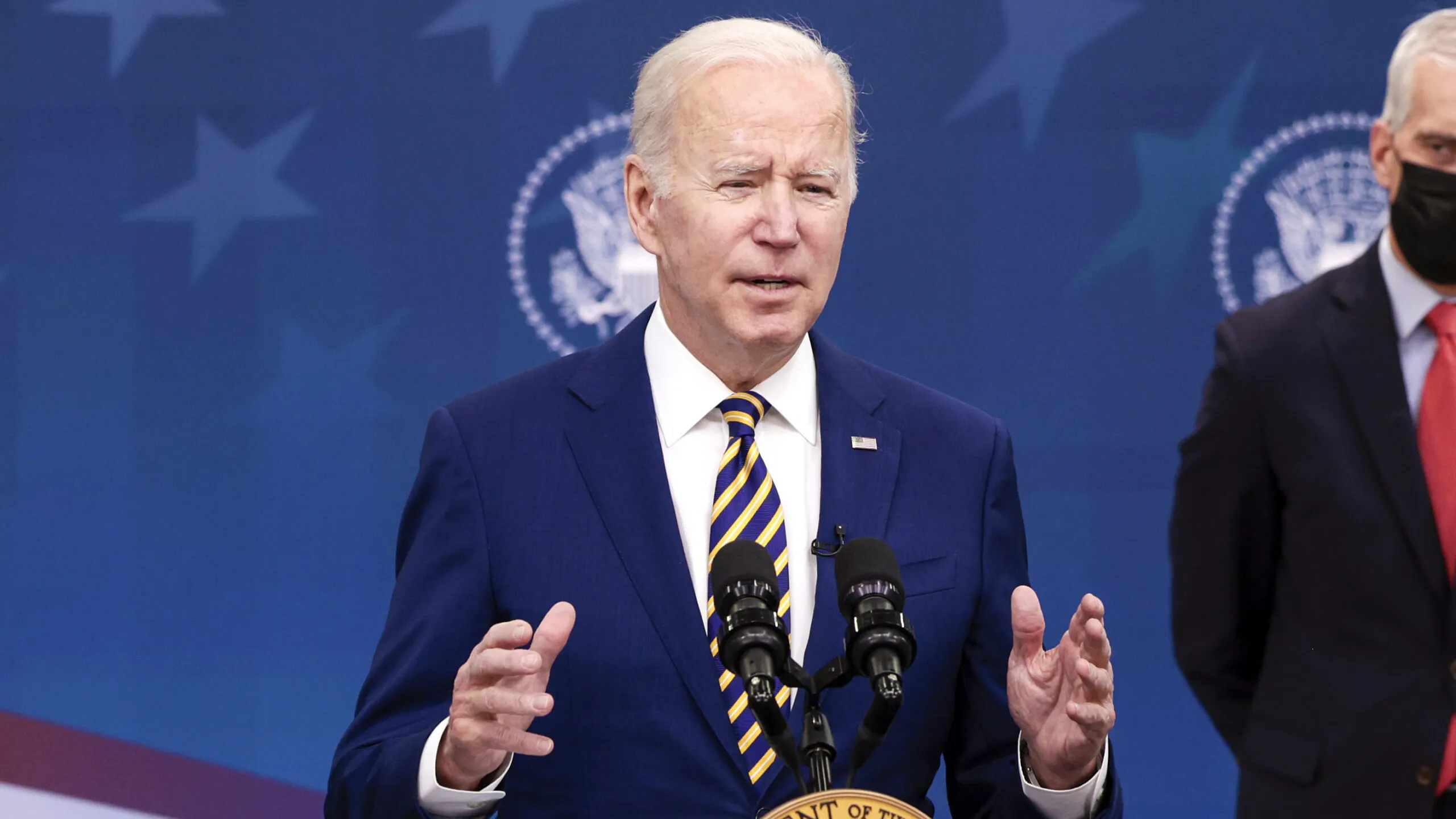Amid projections that a warm winter is ahead in the United States, natural gas futures have declined significantly.
The price drop comes two months after a dire outlook for winter heating prices from the United States Energy Information Administration, which predicted that American households would have to pay an average of 30% more on their heating bills in comparison to last year.
The Wall Street Journal reported:
Unusually warm weather pushed U.S. natural gas futures down 11% on Monday morning to around $3.68 per million British thermal units. That is down more than 40% from October’s peak, erasing a run-up that stoked fears of exorbitant heating bills biting into household budgets and manufacturers’ balance sheets already stressed by broad inflation.
Prices’ climb has reversed thanks to an uptick in domestic production and the unseasonably warm weather that has delayed heating season in much of the country. Monday’s sharp decline came after forecasts showed another burst of warm weather settling over much of the country next week, eliminating a lot of demand for the power-generation and heating fuel. Meager autumn consumption has allowed stockpiles that were drained by summer’s record heat to recover before furnaces and boilers start blasting.
Indeed, it appears that mother nature is bailing out the Biden administration following its meager attempts to cut energy costs. For example, Biden released 50 million barrels of oil from the United States Strategic Petroleum Reserve last month — a move that had a negligible effect on gas prices.
According to the Information Administration, the United States consumed roughly 18.19 million barrels of petroleum per day in 2020 — meaning that another 50 million barrels only amounted to less than three days’ worth of consumption. As Reuters explained, “Analysts have warned an SPR release would only produce a short-term effect in the market, as it would not increase U.S. production capacity.”
After the Biden administration authorized the release of reserve oil, Energy Secretary Jennifer Granholm failed to demonstrate knowledge of the American economy’s daily oil consumption.
“How many barrels of oil does the U.S. consume per day?” asked a reporter during a press briefing. She responded: “I don’t have that number in front of me.”
Fellow Democrats — including Sen. Joe Manchin (D-WV) — have criticized President Biden for his energy policies.
“Today’s release from the Strategic Petroleum Reserve is an important policy Band-Aid for rising gas prices but does not solve for the self-inflicted wound that shortsighted energy policy is having on our nation,” Manchin said. “With an energy transition underway across the country, it is critical that Washington does not jeopardize America’s energy security in the near term and leave consumers vulnerable to rising prices.”
“Historic inflation taxes and the lack of a comprehensive all-of-the-above energy policy pose a clear and present threat to American’s economic and energy security that can no longer be ignored,” he continued. “I continue to call on President Biden to responsibly increase energy production here at home and to reverse course to allow the Keystone XL pipeline to be built which would have provided our country with up to 900,000 barrels of oil per day from Canada, one of our closest allies.”
“To be clear, this is about American energy independence and the fact that hard working Americans should not depend on foreign actors, like OPEC+, for our energy security and instead focus on the real challenges facing our country’s future.”

.png)
.png)

